When timing, personalization, and responsiveness define customer loyalty in the travel industry, deploying a travel chatbot becomes a necessity. Let it be assisting travelers with itinerary planning, managing inquiries, or automating bookings. A smart conversational system streamlines every workflow and enhances every process. Every process from capturing leads to confirming reservations, it delivers scale, consistency, and efficiency across operations.
Let’s explore how this intelligent shift is reshaping the travel industry. Why it’s vital for competitiveness, how the underlying architecture works, and how platforms like Picky Assist create seamless, automated experiences.
Why Do Travel Businesses Need a Travel Chatbot?
The Customer Expectation Gap
Travelers today expect quick, conversational interactions. Waiting on email or phone puts brands at a disadvantage. A travel chatbot bridges that gap by offering instant responses. Chatbots in the travel sector can handle many queries with “round-the-clock service,” improving satisfaction.
Booking Opportunities at Every Hour
Travel isn’t constrained by business hours. A user might browse a tour package at 11 pm, ask for availability at 2 am, and expect a response. With chat-based interaction, you don’t lose that moment. In fact, when integrated effectively, travel bots can convert these spontaneous moments into bookings.
Cost, Scale and Consistency
A chatbot for travel industry applications handles multiple simultaneous conversations, freeing human agents for complex tasks. That means better scalability and lower incremental cost for each interaction. Some providers cite reductions in operational cost by 30‐40% when routine queries are automated.
Data-driven personalization
When a travel agency chatbot is fed user inputs (destinations, budgets, preferences) and past history, it can tailor recommendations dynamically. That smart behaviour builds trust, increases engagement, and drives bookings.
Capabilities of a Travel Chatbot
- Instant intent recognition: When someone writes “I want a honeymoon trip in Bali next month”, the system extracts destination, time-frame, traveler count, and suggests options.
- Booking integration: The bot should connect to real‐time availability of flights, hotels or tours. It should guide users through booking flow or capture leads for follow-up.
- Multi-channel presence: Whether on a website chat widget, WhatsApp, Facebook Messenger or mobile app, a tourism chatbot must meet users where they are.
- Personalisation and upsell/cross-sell logic: Based on previous data or immediate preferences, the system suggests upgrades, local experiences or add-ons. For example, “Would you like a spa add-on for your stay?”
- Seamless hand-off to humans: When the bot detects complexity it doesn’t handle, it should connect the user to a live agent with full context.
- Feedback loop and analytics: Monitor drop-off points, traveller profiles, trending queries and use that to optimise.
Benefits and Real Metrics
Let’s look at concrete numbers and benefits that show why investing in a travel chatbot (or a conversational AI in travel industry context) pays off.
- A travel bot can handle up to 60-70% of repetitive customer inquiries (availability, pricing, FAQ) thereby freeing up human agents.
- Some hotel use‐cases show a 25% increase in sales and a 30% improvement in customer satisfaction after deploying intelligent bot lifecycles.
- In the broader tourism context, a chatbot for the travel industry offers 24/7 service and multilingual support. Studies show if customers receive service in their native language, up to 74% are more likely to purchase again.
These improvements in responsiveness, conversion, and support mean better customer experience and better financial performance for travel brands.
How Picky Assist Support this Transformation?
Platforms like Picky Assist provide the infrastructure that helps travel businesses deploy a travel agency chatbot or hotel booking chatbot quickly and effectively. Here’s how:
- No-code flow builder & modular CRM – You don’t need heavy custom development. You can set up conversation flows, triggers and integrations via drag-and-drop.
- Integration with messaging channels – Picky Assist supports WhatsApp, Messenger, web chat etc, enabling your tourism chatbot to be omnichannel.
- Booking, feedback & live hand-off workflows – From lead capture to booking assistance to post-travel feedback, the platform supports end-to-end use cases for the travel industry.
- Scalability & analytics built-in – You can view chat metrics, lead conversion funnels, and automate follow-ups, making your conversational AI, a business driver.
Thus, by adopting such a platform, travel agencies or hotels can deploy their travel bots faster, iterate more quickly and achieve measurable ROI.
Key Use Cases in Travel & Tourism
Here are specific scenarios where a chatbot for travel agency / tourism delivers value:
- Lead capture and qualification – On your website or social media, the bot asks questions (destination, dates, budget) and categorises warm leads for human follow-up.
- Booking assistance and upsell – After selecting a package, the bot suggests add-ons (car rental, local experience) and captures booking information.
- Multi-language support and global reach – Because tourism is inherently global, the bot offers multilingual conversation, thereby broadening your reach.
- Inquiry resolution and support in real-time – Changes in itinerary, special requests, last-minute questions, the bot handles the basic ones and escalates when needed.
- Post-trip engagement – Send feedback surveys, collect reviews, offer loyalty discounts, remind travellers of future travel packages.
- Operational automation for hotels – A hotel can deploy a chatbot for hotel booking and guest services: room service requests, check-in/out info, amenity info, upsells for spa etc.
Best Practices for Deployment & Success
To maximise the impact of a travel chatbot (or conversational AI in travel industry), follow these guidelines:
- Start with a specific use case: Don’t try to do everything at once. Either focus on lead capture or booking assistance first.
- Design conversational flows like a human: Use friendly tone, anticipate the user’s next‐question, and allow easy recovery if the user asks something unexpected.
- Ensure data integration: Connect the bot with your CRM system, booking engine and calendar systems so responses are accurate and context-aware.
- Respect traveller time zones and languages: Use filters and logic such that messages don’t fire at odd hours; support multiple languages if you serve global travellers.
- Use metrics to iterate: Track conversion rates (from chat to booking), response times, fallback volume, and refine flows accordingly.
- Keep human escalation smooth: Bot handles routine queries; humans handle complex or emotionally rich interactions.
- Ensure compliance and transparency: For traveller data, privacy rules and clear opt-ins matter.
- Personalise but don’t intrude: Use prior data to tailor recommendations, but avoid overwhelming the traveller with too many choices.
Conclusion
In a space where travellers expect instant, seamless, personalised interactions, deploying a travel chatbot isn’t optional, it’s strategic. With the right design and platform support, you enhance user experience and measurably improve booking rates, reduce operational costs and build loyalty. Platforms like Picky Assist make that transformation accessible; enabling travel agents, tour operators and hotels to deploy a chatbot for hotel booking, a travel agency chatbot or conversational AI for travel with minimal friction.
If you’re ready to move from “just having a website” to offering “smart, always-on engagement” via travel bots, now is the time. Start small, iterate fast, measure outcomes; and you’ll see why agencies are calling it a must-have.
FAQs on Travel Chatbot
1. What is a travel chatbot and how does it help a travel business?
A travel chatbot is an automated conversational assistant designed for the travel sector, which helps customers by answering queries, guiding them through booking flows, and personalised recommendations. It helps travel businesses by improving engagement, handling routine tasks and converting interest into bookings.
2. How can a chatbot for tourism boost bookings and customer experience?
By offering 24/7 availability, immediate responses to questions about destinations, packages or hotels, personalised suggestions, and by making it easy for travellers to act (e.g., “Book now” prompts). This reduces friction, keeps the user engaged and therefore increases the chance of conversion.
3. What features should I look for when choosing a chatbot for travel industry uses?
Look for multi‐channel support (web, messaging apps), booking system integration (real-time availability), conversational AI (natural language understanding), handover to live agents, multilingual capability and analytics dashboards. These capabilities make a travel agency chatbot genuinely effective.

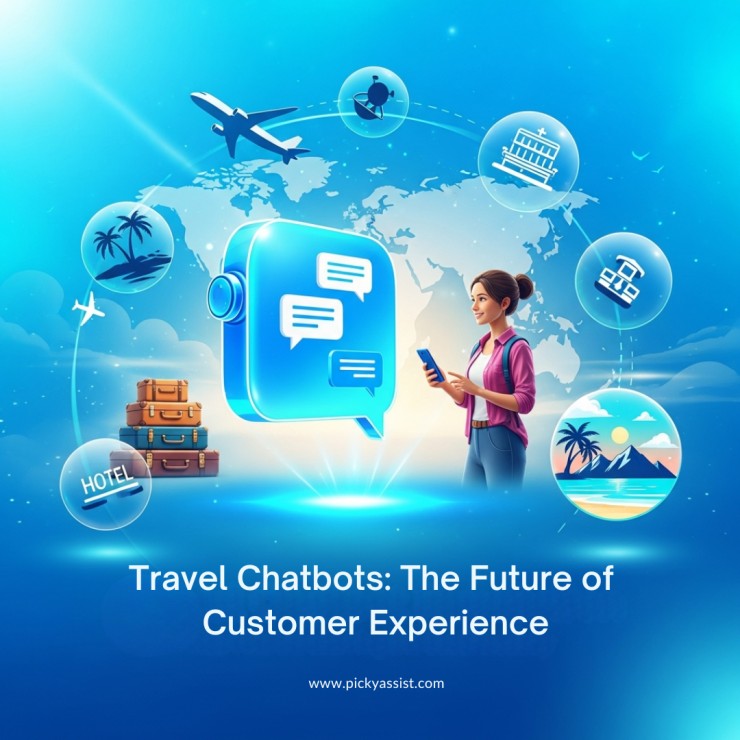
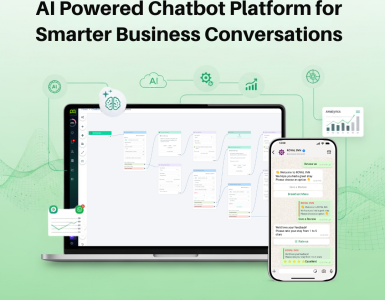
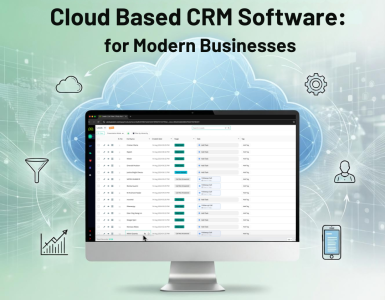
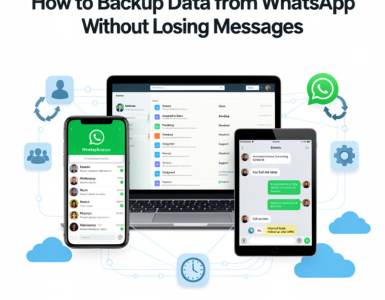
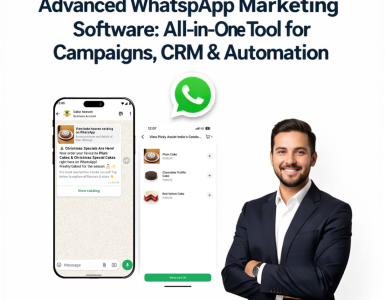
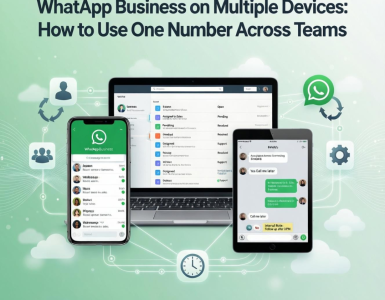
Add comment